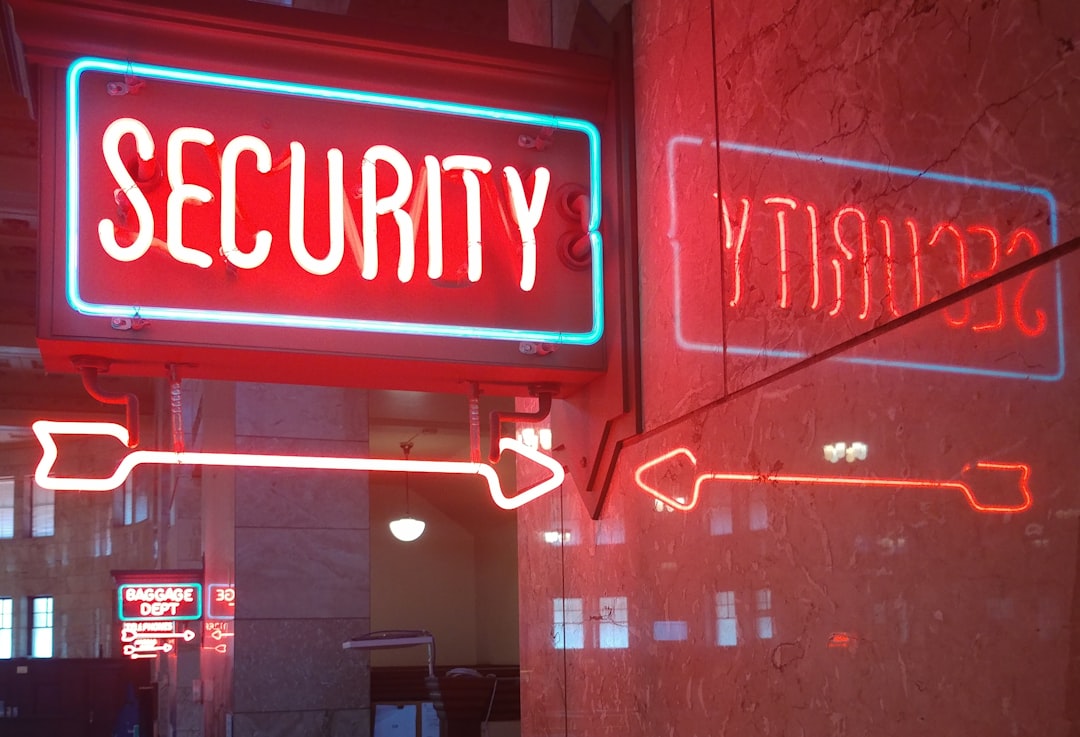In today’s digital age, choosing a secure and private messaging app is more critical than ever. With numerous options flooding the market, users are becoming increasingly cautious about how their data is collected and who has access to their conversations. Zangi is one such application that claims to offer a high level of privacy while also delivering excellent communication features. But is Zangi really as safe as it claims to be? This article delves into what Zangi is, its core features, and evaluates whether it is a secure communication platform.
Table of Contents
TLDR (Too long, didn’t read):
Zangi is a private messaging and calling app that emphasizes security and data privacy. It operates on a serverless architecture, meaning it doesn’t store user data on any centralized server. The app is not only free but also doesn’t serve ads or collect user information. For users highly concerned about privacy, Zangi offers a compelling, secure alternative to mainstream messaging apps.
What is Zangi App?
Zangi is a secure messaging and voice/video call application developed by Zangi Livecom, a communications company based in Armenia. The app is available on both Android and iOS platforms, and also offers desktop versions for Windows and macOS. Zangi aims to provide end-to-end encrypted communication, ensuring that messages and calls cannot be intercepted by third parties.
Unlike many popular messaging apps like WhatsApp, Signal, or Telegram, Zangi uses a distributed network infrastructure. This means that instead of relying on centralized servers to store messages or route communication, Zangi uses a peer-to-peer methodology. This ensures more privacy and significantly reduces the chances of a data breach.
Main Features of Zangi
Zangi is rich in functionality, offering a variety of features that are both useful and privacy-conscious. Some of the key features include:
- End-to-End Encryption: All calls and messages are encrypted, and only the communicating parties can decrypt them.
- No Server Storage: Zangi does not store messages or files on any central servers, which minimizes the risk of data leaks.
- Low Data Consumption: The app is optimized to use the least possible amount of mobile data, making it ideal for slow internet connections or users with limited data plans.
- Free HD Voice and Video Calls: Users can make high-definition voice and video calls anywhere in the world free of charge.
- Cross-platform Support: Zangi is available across iOS, Android, and desktop platforms, and offers seamless synchronization among them.
- No Ads or Data Mining: Zangi pledges not to sell user data or show any ads within the app.
Unique Selling Points of Zangi
While there are many secure messaging tools available, Zangi sets itself apart in several innovative ways:
- Serverless Communication: Zangi’s decentralized network eliminates dependency on cloud servers, reducing the attack surface for hackers.
- Offline Messaging: Users can compose and send messages while offline, which are automatically delivered when the internet connection is restored.
- Encrypted File Sharing: Photos, videos, and documents can be shared securely without risking exposure or interception.
- Customizable UI: Zangi offers minimal customization features allowing users to personalize their messaging interface.

Is Zangi Safe to Use?
This is the big question. Based on a review of its architecture and user policies, the answer is a confident yes — Zangi appears to be safe to use. Here’s why:
- No User Metadata: Zangi claims not to track or store metadata like IP addresses, contact lists, call durations, or location data. This is a stark contrast to many popular messaging platforms.
- Proprietary Encryption Protocol: The app uses its own encryption protocol, though the lack of full open-source transparency might raise questions for some users in the cybersecurity field who prefer peer-reviewed systems.
- Strong Privacy Policy: The company’s publicly accessible privacy policy aligns well with GDPR (General Data Protection Regulation) and other stringent data protection laws.
- No Government Access: Due to its decentralized network and no-data-storage policy, Zangi cannot grant law enforcement access to user conversations—even if requested.
However, one caveat for extra-supersecurity-conscious users is that Zangi’s encryption method is proprietary and not fully open-source. This means that external security experts cannot fully verify the robustness of the system unless granted access by the company. While this isn’t necessarily a red flag, it’s something to keep in mind if open-source transparency is a non-negotiable priority for you.
Who Should Use Zangi?
Zangi is particularly well-suited for:
- Journalists and Whistleblowers: Individuals who need to protect sensitive information or anonymous sources.
- Business Professionals: Companies and teams dealing with confidential data can benefit from a highly secure communication tool.
- Travelers: Thanks to its efficient data use, Zangi works well in areas with poor internet connectivity or high data costs.
- Everyday Users: Anyone who values their privacy and is dissatisfied with the data practices of mainstream messaging apps.
Limitations of Zangi
While Zangi excels in privacy and security, it does have a few limitations:
- Smaller User Base: Compared to WhatsApp or Telegram, Zangi has a more limited user community, which might lead to fewer friends or contacts already using the app.
- Limited Third-Party Integrations: Users looking for integrations with bots, cloud services, or APIs might find Zangi lacking in this area.
- Not Fully Open-source: Some users in the tech community prefer messaging apps with fully transparent codebases. Zangi is partially open but not entirely so.
Conclusion
Zangi is a practical, privacy-first messaging and calling solution in an era dominated by data-hungry tech companies. Its unique serverless architecture, high-grade encryption, and user-first policies make it one of the more secure options on the market. Although not as widely adopted as WhatsApp, Signal, or Telegram, it offers a valuable alternative for users who place a high priority on privacy and low data usage.
Frequently Asked Questions (FAQ)
- Is Zangi really free?
- Yes, Zangi is completely free to download and use. It does not display ads and does not engage in data sales.
- Does Zangi store any of my data?
- No, Zangi operates a serverless system and doesn’t store your messages, files, or metadata.
- What platforms is Zangi available on?
- Zangi is available on Android, iOS, Windows, and macOS devices.
- Can I use Zangi without an internet connection?
- You can compose and schedule messages offline, which are automatically sent when you’re back online — but you need internet access for actual delivery.
- Is Zangi better than Signal?
- It depends on your priorities. Signal is open-source and well-audited, while Zangi focuses on serverless technology and minimal data usage.
- Does Zangi support group chats and video calls?
- Yes, Zangi supports both group chats and high-quality voice and video calls.



